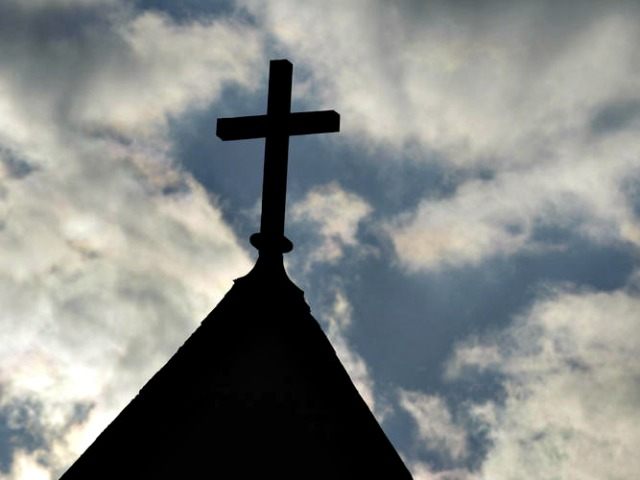In a provocative piece in Time magazine, columnist Mark Oppenheimer has proposed following up Friday’s landmark Supreme Court decision imposing same-sex marriage on the nation with the abolition of tax exempt status for religious institutions.
To justify this one-two punch against religion and Christianity in particular, Oppenheimer throws out a series of lame-duck arguments, capitalizing on a cultural climate of hostility toward churches and a generalized feeling that religion has lost its special status in American society.
He laments, for instance, the difficulty the government has in determining which institutions qualify as churches or religious institutes, leading to an unfortunate entanglement of church and state. “Since the world’s great religion scholars can’t agree on what a religion is, it’s absurd to ask a bunch of accountants,” he writes.
The important fact that Oppenheimer intentionally omits, however, is that the vast majority of authentic religious institutions have long ago been universally recognized as such and account for the bulk of the monies donated to faith-based work. To deny all these institutions their tax-exempt status just because of possible controversy surrounding recognition of new religious groups borders on the absurd.
Oppenheimer also argues that “many churches and synagogues sit on exceedingly valuable tracts of land” and that the “property taxes they aren’t paying have to be drawn from business owners and private citizens.” What Oppenheimer and other liberals fail to recognize is that churches and synagogues play a vital role in the lives of many Americans, and they have a place even on Fifth Avenue. There is positive value in religion, and the historical presence of churches and synagogues in the midst of urban life is priceless.
If these places of worship suddenly found themselves burdened by astronomical property taxes, they could never afford to remain in operation and would have to be sold off, which seems to be what Oppenheimer is really after. To continue with the example of New York City, the Catholic Church has already found itself in a situation of being unable to afford to keep many parishes operating. Just last month, the Church announced the closing of seven more churches, added to the more than 30 church closings that were announced last November. These closings leave the archdiocese 20 percent smaller than it was last year.
Nonetheless, Oppenheimer’s most insidious argument concerns the absorption of church functions by the state, recognizing that “charitable giving would drop” if churches lost their tax-exempt status, “government revenue would go up, and that money could be used to, say, house the homeless and feed the hungry.” With logic typical of the anti-religious left, Oppenheimer deems bigger government and smaller churches a sign of progress.
“We’d have fewer church soup kitchens — but countries that truly care about poverty don’t rely on churches to run soup kitchens,” he writes.
Since its founding, America has distinguished itself by a remarkably vibrant civil society that effectively complements the role of the state. Many citizens see a tremendous value in this arrangement and fear that feeding the state while penalizing religious institutions would destroy one of the most vital components of America’s singularity on the global stage.
If we seek to make the already enormous federal government into an omnipresent Leviathan, gutting the country of its mediating institutions, then Oppenheimer’s idea is an excellent one. If, however, we still value the precious contribution made by religion to the character of our nation, then such bullying must be forcefully opposed.
Follow Thomas D. Williams on Twitter @tdwilliamsrome.

COMMENTS
Please let us know if you're having issues with commenting.